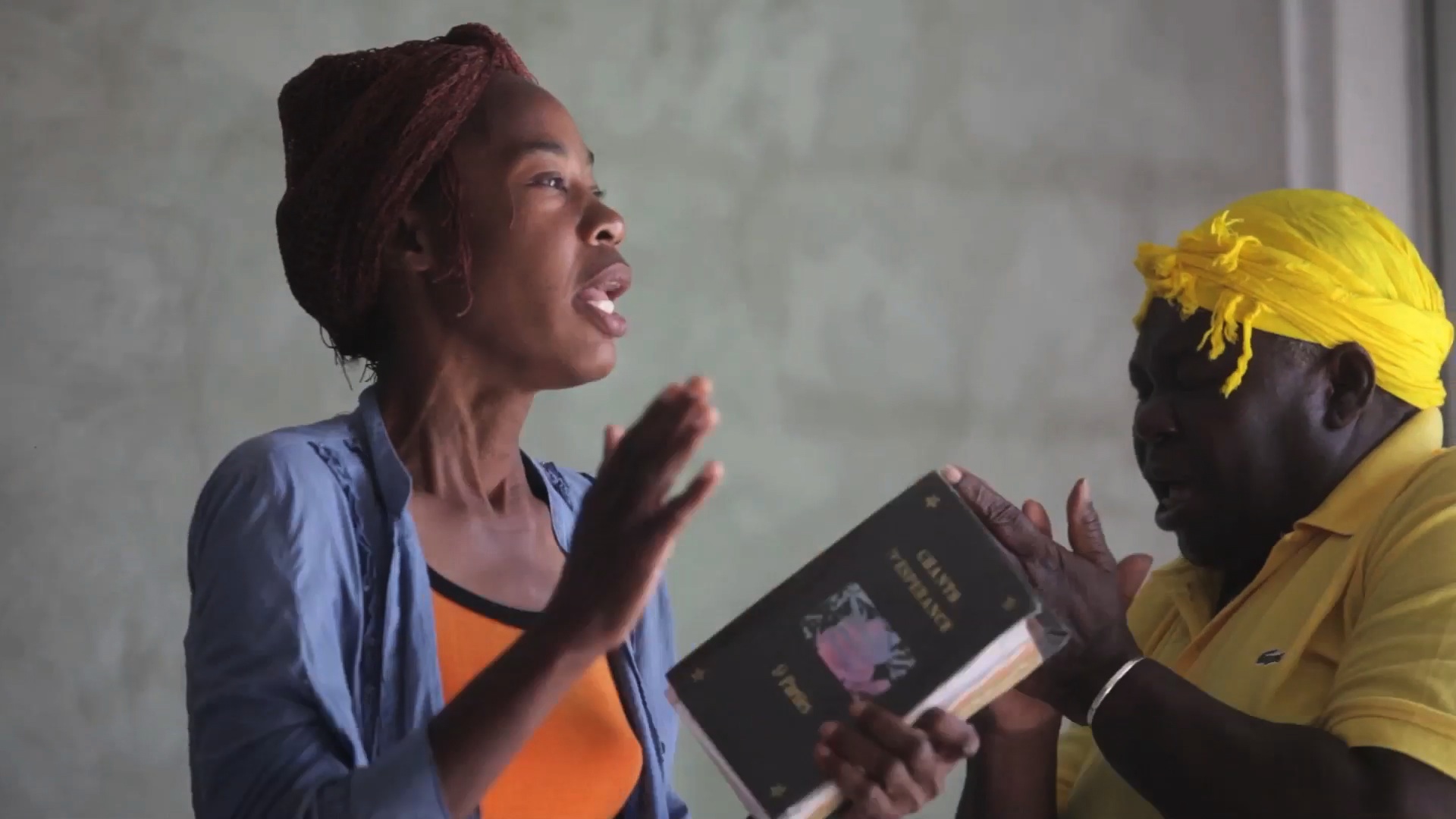
ARCAHAIE, HAITI — Tamarra Joseph's blue satchel and her professional pride represent a first step toward having more Haitians involved in improving their people's health.
The small bag is embroidered with her name and the logo of the Community Health Initiative, an Iowa-based medical group whose American members volunteer here at least four times a year. Joseph, 25, is one of the group's five community health workers, who circulate among rural residents all year long.
The workers emphasize the importance of clean water and healthy diets. They encourage women to breast-feed babies. They monitor the villages for outbreaks of serious illness. If someone is gravely ill when the Iowans aren't around, they help arrange trips to a local hospital.
One of their toughest tasks is getting stoic Haitians to admit to serious problems.
On a recent day, Joseph stopped at a small house by a stream, where an elderly man and woman were selling snacks from a porch. The woman, Noula Caseus, 65, said she was doing fine. But when Joseph asked more questions, Caseus allowed that she often had cramps in her back. Oh, and she also spits up blood most mornings. But otherwise, she said, she was fine.
The man, Olisson Desrosiers, explained his condition.
"I'm a blind old man with sugar problems," he said in Creole.
He couldn't remember how long he'd had diabetes, and he was unsure whether it ruined his eyes. He was 70, an impressive age for this area, and he seemed satisfied with his health.
"A doctor at a hospital told me only Jesus Christ could heal me," he said.
Joseph wished them well, then continued walking through the village of several hundred people.
Goats and chickens wandered past on the dirt paths. Many residents sat outside their little houses, which have walls made of stone, concrete or woven palm fronds, and roofs made of corrugated steel. Just outside the village are the fields, where families raise bananas, mangoes, coconuts, corn, beans and eggplants. A ditch carries river water for irrigation and washing.
Some people buy drinking water from tanker trucks, which deliver water touted as being safe. But other villagers still fill their jugs and pots from bacteria-laced streams and ditches.
"Often, when they get sick, they don't realize it was the water that made them sick," Joseph said through an interpreter.
Joseph stopped to speak to Dieulifet Oscar, an elderly woman sitting in front of her home. Joseph asked how she was doing.
"I can do nothing," Oscar replied. She had pain all over her body, and she had no energy. Joseph pulled a blood-pressure cuff and a stethoscope out of her bag and asked Oscar to hold out her arm. The reading was 200 over 100. "That's very high," Joseph said.
The woman said she'd been diagnosed with high blood pressure and had received medicine to treat the condition. A family member brought out the pills. Joseph asked Oscar to take one on the spot. The older woman glowered at the nagging, and her family laughed. But she swallowed the pill.
Joseph asked about the source of their water. The family said they were treating their own water with chlorine tablets. Another worker from the agency poured a bit of their drinking water into a plastic measuring device, which showed a very low chlorine level. He advised the family to use more of the tablets.
During her walk, Joseph met people with eye problems, fever, diarrhea and coughs. One man had a severe rash covering his face and body. He had stripped down to his underwear because of the itchy pox, which he suspected were caused by rubella. Joseph urged him to walk the mile or two to the clinic the Iowans were holding that week.
Joseph makes up to $75 per month for the part-time job, which she has done for about a year. She hopes to become a nurse, but she can't afford the tuition for school.
Dr. Chris Buresh, who leads Community Health Initiative, said he hopes to help Joseph go to nursing school. He also wants to expand the outreach program to up to 40 workers, who would be supervised by Haitian nurses or maybe a doctor. He believes the workers could learn to make basic diagnoses and distribute medication for such common problems as malaria and high blood pressure.
They could become at least as valuable as the American volunteers, he said.
"They could save more lives than we do."



